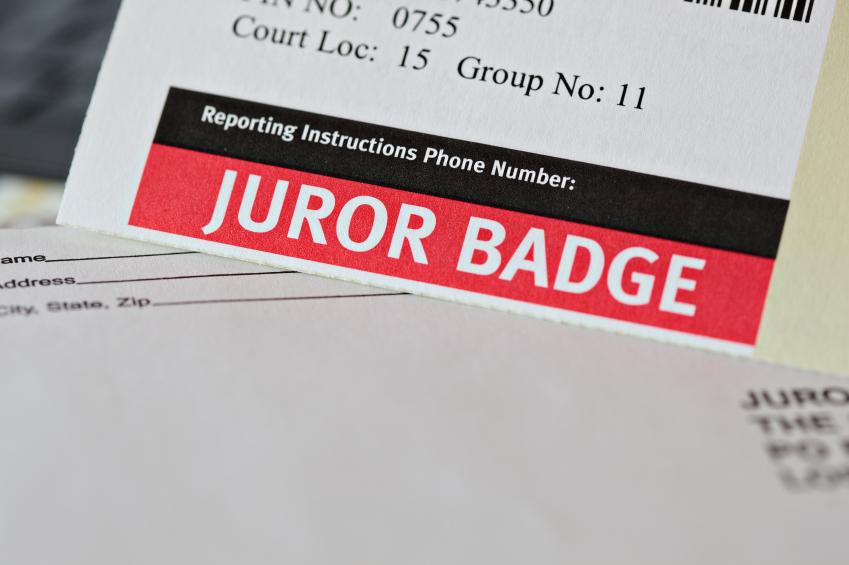As I pointed out in my last column, lots of drama and some comedy continue to act out on our state and national political and judicial stages in the name of “access to justice”. In Maryland, most recently that phrase has produced visual and audio images labeled “DeWolfe v. Richmond” and “Civil Gideon” which evoke new or expanded rights to counsel in criminal and civil cases.
The recent declarations and explanations of these rights in turn have provoked further discussions, indeed debates about the costs of implementing these expanded rights whether they are declared and interpreted by the judicial branch of government or legislated and implemented by the more political legislative and executive branches of government.
These court cases, legislation, discussions and debates about “access to justice” are more contentious and complicated than they have been in the past because they are taking place in a historical context which at least in recent times (my lifetime) is unique. That historical context is that there has been a noticeable dramatic downturn in the level of trust and confidence that our citizens have in many of the institutions of all three branches of government as well its leaders. This phenomenon has reflected itself in the Tea Party movement as well as the toxic politics accompanying it on display nationally. Unfortunately the toxic politics nationally is being increasingly imitated in some of the states including our own.
Although the people’s faith in the ability of the institutions of the judicial branch of government has been maintained better than it has for the legislative and executive branches of government, the judiciary is not immune to this trend. It is therefore essential for the judiciary at both the federal and state levels to timely recognize the need to critically examine and modernize if necessary the institutions and processes of the judicial branch of government. This is critical if we are to continue to justify the expectation of our citizens, until recently unshakeable, that their rights will be protected by institutions and processes of the judicial branch of government that work and leaders who are both trustworthy and competent.
With this in mind, it is important to recognize that as the National Center for State Courts recently recognized – “There is a widespread perception among lawyers and litigants – that the civil justice system is too complex, costs too much, and takes too long.” Furthermore and more specifically “civil jury trials have decreased precipitously over the last decade.”
That decline is documented by data collected by the National Center for State Courts from 2000-2009. According to that data the percentage of civil jury trials dropped 47.5% during that period of time. This trend is part of a larger historic trend away from trials from 11.5% in 1962 to 1.8% in 2002. This trend is documented by Marc Galanter in an article entitled “The Vanishing Trial: An Examination of Trials and Related Matters in Federal and State Courts.”
The effect of this marked decline in jury trials is fewer citizens who understand and value the jury trial as a method of civil dispute resolution now unique to the United States as well as fewer judges and lawyers who can skillfully try cases to a jury.
As a lawyer since 1976, a District Court Judge from 1986 to 1990, and a Circuit Court Judge from 1990-2007, as well as a retired/recalled Judge, Mediator and Arbitrator since leaving the full-time bench in January 2007, this writer has observed the decline in civil jury trials and trials generally. I have also participated in the development of alternative dispute resolution institutions and processes which in part replaced civil trials in general and civil jury trials in particular.
Those comparatively new and in some cases markedly different dispute resolution processes are here to stay and they should stay. They can and do provide our citizens, litigants, and their lawyers with greater access to justice by opening what used to be described as a Multi-Door, Courthouse by providing a choice among multiple private or public methods of resolving their disputes all of which are fair, efficient and economical in different ways. That choice however should include the right to a speedy and less expensive civil jury trial.
Fortunately there has been a programmatic response in various federal and state jurisdictions across the country to the need to provide a process designed to provide litigants with speedy and less expensive civil trials. These Programs are called “Short, Summary and Expedited Civil Action Programs (SSE Programs)”. Maryland should be one of the jurisdictions to establish such a program, the sooner – the better!
These programs are not uniform, but they have certain common characteristics. They all involve a simplified pre trial process which means among other things less but more structured directed discovery as well as a shortened trial on an expedited basis both for jury and bench trials.
There are currently three organizations spearheading this effort. They are The National Center for State Courts (NCSC), The Institute for the Advancement of the American Legal System at the University of Denver (IAALS) and The American Board of Trial Advocates (ABOTA). ABOTA is an organization of 6,800 experienced attorneys representing both plaintiffs and defendants in civil cases. As such, ABOTA is ideally structured and suited to lead and broker the effort to establish Programs in all states including Maryland. This writer had the honor and the pleasure of attending The National Jury Summit held last October in Austin, Texas as a guest of the national ABOTA organization and the Maryland Chapter of ABOTA through the offices of Attorney Kevin J. McCarthy, an ABOTA Board Member. There I witnessed the dedication of all three organizations to supporting the establishment of SSE Programs in all jurisdictions including Maryland. I share that enthusiasm. The Rules Committee should examine this innovative concept with a view to implementing it as a means of enhancing access to justice for all Marylanders.



